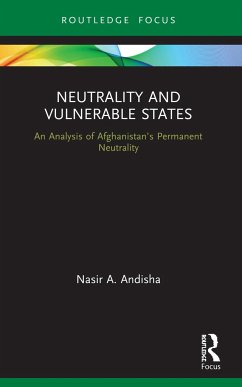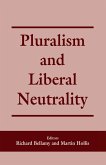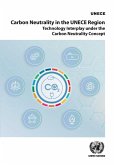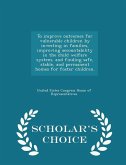This book offers a timely and concise academic and historical background to the concept and practice of neutrality, a relatively new phenomenon in foreign and security policy. It approaches two key questions: under what circumstances can permanent neutrality be applied, and what are the main ingredients of success and the causes of failure in applying permanent neutrality? By evaluating, comparing, and contrasting the two successful European case studies of Austria and Switzerland and the two challenging Asian case studies of Afghanistan and Laos, the author creates a new framework of analysis to explore the feasibility of reframing, adopting, and applying a policy of neutrality and jump start debates on the feasibility of the idea of "new neutrality". He opens the debate by asking whether, as neutrality successfully functioned as a conflict resolution tool during the Cold War, a reframed and adopted version of neutrality could also serve the needs of the twenty-first-century world order. This is an insightful book for all scholars, students, and policymakers workingin international relations, security studies, the history of neutrality, and Afghanistan studies.
Hinweis: Dieser Artikel kann nur an eine deutsche Lieferadresse ausgeliefert werden.
Hinweis: Dieser Artikel kann nur an eine deutsche Lieferadresse ausgeliefert werden.








